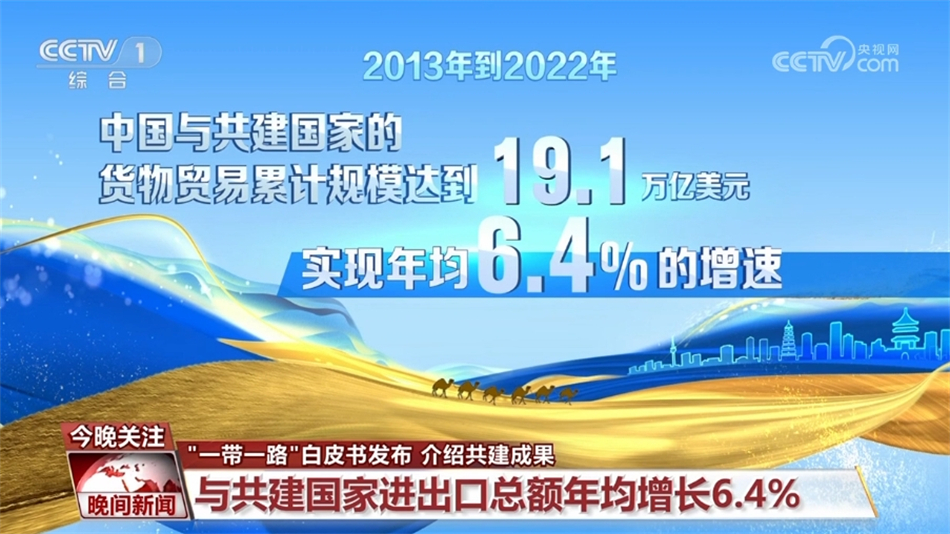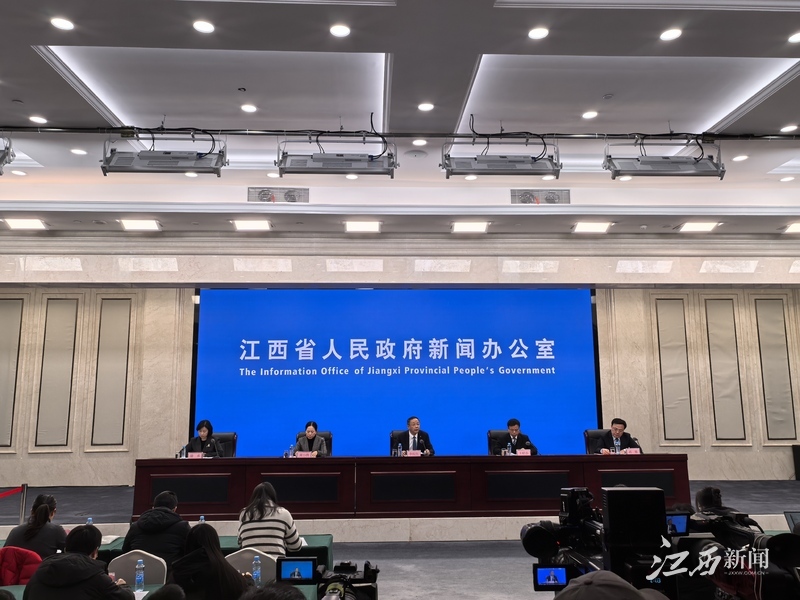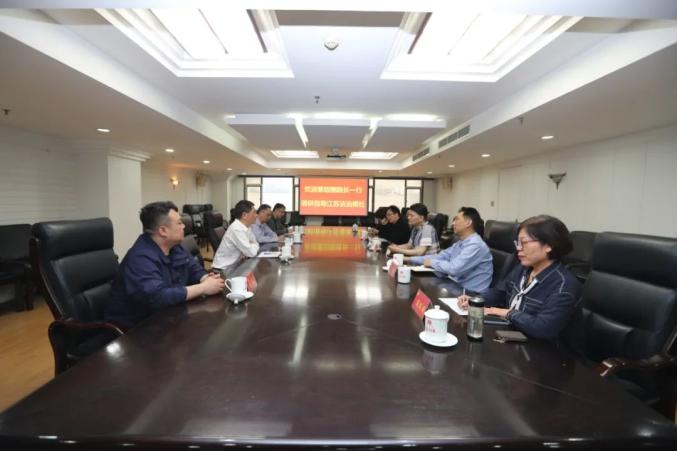Huang Xiansheng: The No. 1 Person In The Great Wall Of Flesh
Huang Xiansheng: The No. 1 Person In The Great Wall Of Flesh
——He wrote the original footnote of "March of the Volunteers" with his life. Wang You, a reporter from Anshan News and Media Center, stood like monuments in the historical galaxy of the Northeast Anti-Japanese War. They use their passion and faith to write footnotes of "heroes" in the turbulent years.
——He wrote the initial footnote to "March of the Volunteers" with his life
Wang You, reporter of Anshan News and Media Center
In the historical galaxy of the Northeast Anti-Japanese War, names stand like monuments. They use their passion and faith to write footnotes of "heroes" in the turbulent years. Huang Xiansheng is one of them.
On the night of September 18, 1931, the Japanese army used the excuse that the railway near Liutiao Lake was bombarded by Beidaying (the barracks of the Seventh Brigade of the Northeast Army at that time), and brazenly launched the September 18th Incident that shocked China and the world.
Huang Xiansheng, who was in charge of Shenyang police at that time, immediately ordered the police brigades and public security units of Sanjing Road Police Station, Shangbu San Branch, Nan Market and other departments to rise up first to resist, and the public security bureau teams in other areas also resisted. Anti-Japanese gunfire is here...
By the night of September 21, the gates of Shenyang, the gates of the Dongguan Public Security Bureau and the Public Security Corps were successively attacked by Japanese tanks, and the guard gates were unable to support them. Huang Xiansheng ordered the branch team to take ammunition and weapons as much as possible to withdraw from Shenyang, and then stand by Xinmin to Jinzhou. Until this time, Huang Xiansheng still stayed in Shenyang to observe the situation. It was not until the scene in Shenyang was completely different that Huang Xiansheng notified some of the police and public security team members who were dispersed at home to return to the team in Jinzhou, and left Shenyang while disguising himself.
In the classic revolutionary novel "Red Rock", there is an unforgettable little boy called "Little Radish Head". This child who insists on learning in the White Mansion Demon Cave is Song Zhenzhong, son of General Yang Hucheng's secretary Song Qiyun. The prototype of the teacher Huang Yisheng, who still insists on preaching and teaching in the dark prison, is Huang Xiansheng, the anti-Japanese patriotic general. This touching story between teachers and students in prison is a true portrayal of General Huang Xiansheng's persistence in his beliefs and inheriting the spark of fire throughout his life.
Beware of Japanese activities
Huang Xiansheng, whose courtesy name is Jingzhong, is also known as Jingzhong or Jingzhong or Jingfeng. He was born in a wealthy family in Liaodong in 1896. According to many documents, Huang Xiansheng is from Weishanhe, Fengcheng. The village now belongs to Xiuyan Manchu Autonomous County, Anshan City, Liaoning Province.
Huang Xiansheng was smart and studious since childhood. When he was young, he witnessed the reality of Japanese invaders controlling North Korea and expanding their power to the bank of the Yalu River, and strong national sentiment aroused in his heart.
In the spring of 1930, Zhang Xueliang established the Shenyang Security Command and specially appointed Huang Xiansheng as the director of the Liaoning Provincial Police Department and the director of the Shenyang Public Security Bureau, making a transition to promote him as the police commander in the future.
During his tenure as a police officer in Shenyang, Huang Xiansheng was particularly vigilant about the activities of the Japanese army in Shenyang and carried out strict surveillance on certain Japanese people. He once ordered that all Chinese people who collude with the Japanese and who violate the law will be arrested immediately once verified. In response to the unreasonable troubles of the Japanese Manchurian Railway police, he asked the public security system to dare to stop the unreasonable behavior of the Manchurian Railway military and police. The Japanese retreated in the face of the tough attitude of the Chinese police, and even when they mentioned Huang Xiansheng, they always gritted their teeth. In the later September 18th Incident, the Japanese first copied Huang Xiansheng's home in Shenyang.
At the end of August before the September 18th Incident, Huang Xiansheng obtained information from the Japanese army through Police Inspector General Xiong Fei and learned that the incident was about to happen. He expanded the police and public security teams in each county into 12 corpses, distributed guns and ammunition, and prepared for war. This incident had a great impact, so that police accounted for a large proportion of the anti-Japanese volunteers from all directions in the Northeast. Some leaders were even born as police chiefs, such as Deng Tiemei and Liu Jingwen... Most of their weapons were also issued at this time.
Since early September, Huang Xiansheng has been leaving the office day and night.
Form a Volunteer Army
After the September 18th Incident, Huang Xiansheng led the Public Security Corps and the Student Army to resist step by step in Shenyang City. He fought for three days and three nights until the fourth gates of Shenyang were lost and the troops were defeated one by one, and then he ordered the retreat.
After Huang Xiansheng retreated to Jinzhou, he continued to fight against Japan. He adapted 12 public security corpses into three cavalry corpses and gathered to train north of Jinzhou to resist the Japanese army's advance westward. At the same time, volunteers were formed to fight against the Japanese army and traitors, and frequently attacked to slow down the Japanese army.
The first traitor leader who appeared in southern Liaoning after the September 18th Incident was Ling Yinqing, which was destroyed by Huang Xiansheng, Lao Beifeng and Xiang Qingshan. Ling Yinqing had just died, and another big traitor appeared. He was Zhang Xueliang's cousin Zhang Xuecheng. Zhang Xuecheng's puppet army was not trained and was completely a mob, but because he was Zhang Xueliang's cousin, the Northeast Army stationed in Jinzhou was unwilling to fight him. To this end, Huang Xiansheng went to Peking in person to ask Zhang Xueliang for advice on countermeasures and gained support from the other party. Eliminating Zhang Xuecheng not only eliminated a traitor team, but Huang Xiansheng's move to destroy his relatives for Zhang Xueliang for justice also inspired the anti-Japanese volunteers in various places and strengthened their determination to fight against Japanese imperialism.
After the September 18th Incident, Huang Xiansheng was the actual highest official in Jinzhou. During this period, Zhang Xueliang, on the one hand, did not dare to make a big fuss, for fear of leaving the Japanese accusation that the Chinese regular army fought with the Japanese army. This was actually a way to cover up the bell.
Under such circumstances, Huang Xiansheng became wise and named the newly formed troops "Liaoning Anti-Japanese Volunteer Army". He organized more than 20 routes and served as the commander-in-chief himself. This is the original origin of the Anti-Japanese Volunteer Army.
The name "Volunteer Army" is loud and appropriate, and gradually becomes a common name for anti-Japanese armed forces in various parts of the Northeast. Later, some people praised Huang Xiansheng as "the first person in the Great Wall of Flesh and Blood". This historical evaluation is not an exaggeration from the early, large scale and profound influence of his organization of the Anti-Japanese Volunteers.
Decline at dawn
In February 1932, the Public Security Cavalry Corps led by Huang Xiansheng was reorganized into the Second Northeast Cavalry Division, with Huang Xiansheng as the division commander. This army later participated in the Great Wall War.
The complex struggles gradually deepened Huang Xiansheng's understanding of the Communist Party. He left Communist Party member Liu Lanbo by his side as a major clerk, and arranged 17 Communist Party members in the Second Cavalry Division as secretary and quarre-master. With the help of these party members, the army set up a teaching team to actively cultivate anti-Japanese backbone.
At that time, He Yingqin was the highest military and political chief of the Kuomintang, and when he heard that Huang Xiansheng had suspected of communism, he sent someone to investigate. When he saw the anti-Japanese slogans at the Second Division, he questioned Huang Xiansheng in person: There are Communist slogans at the Second Cavalry Division, and there must be Communist activities within the army. Huang Xiansheng replied frankly: There are also Communist slogans in Peking City. Can you say that there are also Communists in the Peking Military Commission? Once, the Third Gendarmerie Regiment of Peking Police secretly kidnapped Liu Lanbo. Huang Xiansheng heard the news and asked for someone. He Yingqin said he didn't know. Huang Xiansheng said: Liu Lanbo is my clerk. If Liu Lanbo doesn't let Liu Lanbo go, I will take the Second Division to rob him. As a result, Liu Lanbo was finally released.
In 1935, Zhang Xueliang joined forces with the cavalry army, and Huang Xiansheng was the deputy commander. In 1936, the Northeast Army and the Northwest Army founded the Officer Training Corps in Wangqu, and Huang Xiansheng was appointed as the chief of education.
In October, Chiang Kai-shek came to the training group to give a lecture and talked about "there must be peace before fighting foreign countries." The next day, Huang Xiansheng sent someone to refute Chiang Kai-shek's argument. In order to win over Huang Xiansheng, Chiang Kai-shek sent Huang Xiansheng's third uncle Huang Henghao to do his job, but was harshly rejected. In the winter of 1937, Huang Xiansheng went to Wuhan to meet Zhou Enlai, and ran around to rescue Zhang Xueliang, but there was no result. Huang Xiansheng decided to go to Yan'an. He ordered his old subordinates to transport the weapons of the two cars to Yan'an, and at the same time sent more than 100 young people from the old subordinates and Northeast China to Yan'an to study.
At that time, Huang Xiansheng was about to go from Hankou to Hong Kong first, and then switch to Yan'an. At a Northeast Army officers' gathering, he delivered a fierce anti-Chiang speech, but was arrested. On February 2, 1938, Huang Xiansheng was secretly arrested and began his imprisonment for more than ten years. During this period, he had many opportunities to escape, but missed it for various reasons until he died.
After Huang Xiansheng was arrested, he was first imprisoned in Yiyang, Hunan, and soon moved to Xifeng, Guizhou. Zhou Yanghao, the spy leader who manages the Xifeng Concentration Camp, is the prototype of Shen Yangzhai in "Red Rock". After the victory of the Anti-Japanese War in 1945, Huang Xiansheng was not released. He was first taken to Zhazidong and transferred to Baigongguan in 1946.
On November 27, 1949, the Holocaust began.
At around 3 pm, two spies came to invite Huang Xianshen to speak. General Huang realized that the last moment had arrived. He pondered for a moment, picked up the black tweed top hat, changed into a yellow-green jacket, hidden a dagger, and walked out of the prison door calmly. When he reached the Buyun Bridge leading to Meiyuan, the spy fired two shots from behind, one shot through his right arm and the other shot through his left lung. It is recorded that at the last moment he stood firm, held the dagger in his hand, looked back with a glaring look, and used all his last little strength to roar: "Destroy the Kuomintang fascists!"
Chongqing was liberated on December 1, but the hero fell at dawn.
There is also a touching story about Huang Xiansheng's sacrifice. In Xifeng Concentration Camp, a female college student named Huang Tongguang, who was arrested for the student movement, became a prison lover due to long-term contact. When Huang Tongguang was released from prison, he handed the general a piece of red paper and asked Huang Xiansheng to use it to wrap the wedding ring in the future. Later, Huang Tongguang led the People's Liberation Army to search for the general's body, but he did not find it. Suddenly, she noticed a small piece of red paper exposed from a new piece of soil, and Huang Tongguang immediately knelt down. Decades later, Ms. Huang Tongguang, 88, used such words to describe the general's burial place: "The red paper shook her head in pain in the wind, very bright."
In 1960, with the approval of Premier Zhou Enlai, Huang Xiansheng's remains were moved to the Babaoshan Revolutionary Cemetery in Beijing.





